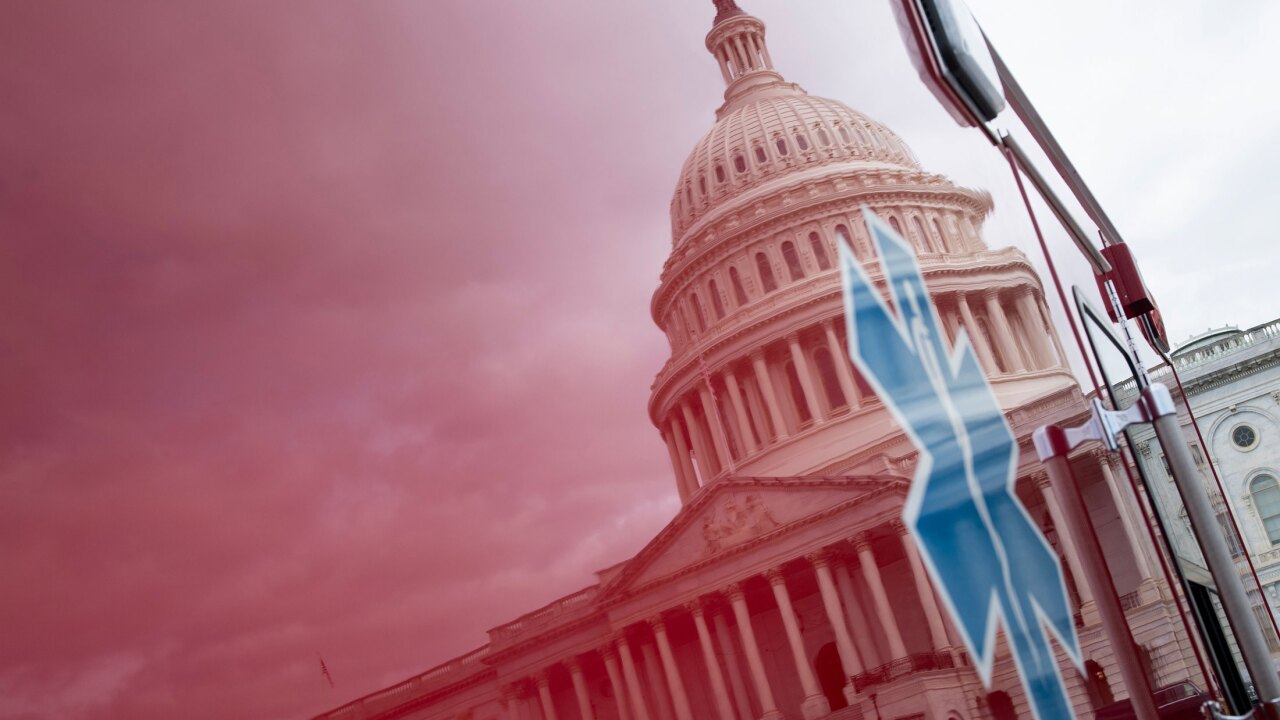A company’s social media presence could make or break their reputation with prospective applicants. And no one is more aware of that fact than the companies themselves.
Nearly 97% of all Fortune 500 companies
“If someone makes a mistake, there's [a lot of] shaming and blaming that goes on publicly on social media,” she says. “It doesn't produce discussion, it doesn't provide an opportunity for people to learn.”
Read More:
While an active
“We're seeing that employers are starting to look at [social media] a little bit more cautiously,” says Casey Tallo, CEO of employee insights platform Tallo. “They’ve realized that when you impact more people, saying something wrong is going to get you polarized — good, bad or indifferent, it's going to get polarized.”
Companies need to
“Most people want to have an understanding of the issues and want to learn,” she says. “ So the whole goal is to create a safe space and for us to counteract biases — inclusion is a contact sport. It's about having contact with people that aren't like you, and it's about getting to know people and learning from that.”
Read More:
While 63% of younger workers say that it’s very important their employer has a stance on political issues and a broad social purpose, according to a survey by business analytics company Alight Solutions, this is not the place to promote hateful or discriminatory speech under the guise of growth, Caldwell says. There is a very defined line between willful ignorance and genuine unawareness — a line companies need to not only be mindful of, but careful not to cross.
The point is to
“[Companies] are sometimes afraid to speak up or make mistakes because they don't want to be humiliated,” Caldwell says. “When you have a safe environment, you can have those conversations, you can say ‘Hey, you may not have noticed this, but your bias is showing and here's how it's showing up. Let me help you shift the conversation.’”






